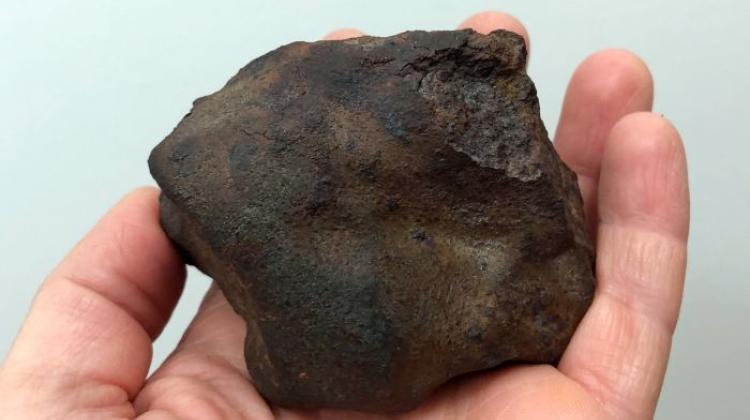Bieńkowska: The EU should have its own space goal
 Photo: Fotolia
Photo: Fotolia
The EU should set itself a big goal for space activities, as did the United States or China - argues EU Commissioner for Industry Elżbieta Bieńkowska. In her opinion, European Space Council should be established.
Although this is not the first thing that comes to mind with regard to the EU, the space activities of the "28" are very serious. The EU Earth observation program Copernicus, which provides data on safety, climate change, atmosphere, damage caused by natural disasters, is considered the best in the world.
The same applies to Galileo, the EU`s global satellite navigation system, which is a civilian alternative to the American Global Positioning System (GPS) or the Russian GLONASS. It provides very accurate information about location and time. It is expected to give the EU independence from other satellite navigation systems.
According to the European Commission, the EU is the second cosmic power after the United States. "We want this position to be very stable and very strong. Of course, we will not be able to become a leader in the next few years and overtake the US, but we need a much broader discussion on space issues, because they are important for our daily lives" - Bieńkowska told reporters in Brussels.
The European Commission wants spending in the space sector to reach 16 billion euros in the new multi-annual budget. This money is expected to contribute to the development of the Internet of Things, autonomous vehicles and greenhouse gas emissions monitoring.
These funds will benefit European start-ups, as well as larger companies that develop ventures related to the space sector. But the idea is not to build rockets or search for extraterrestrial life, although at least the former is not out of the question. The goal is to increase commercial use of data obtained in space.
"90% of the applications we have on our smartphones are based on data from space. That is something that affects our daily lives, our mobility, the way we learn or do business. Companies are very interested, because it is the fastest growing sector in Europe" - noted the Commissioner.
In her opinion, there is no real debate in the EU about the direction thinking about this area should go in. The construction of the Galileo navigation system, which was EU`s great goal, is nearing completion. According to Bieńkowska, Galileo is on the right path to having full operational power in 2020. It is already used by over 500 million users worldwide.
"The Americans now have one goal: they are heading for Mars. The Chinese are focusing on the Moon. We should find something in Europe that would be really attractive to our citizens. That would fuel interest and money" - Bieńkowska believes.
Such a goal not only focuses public opinion, but also sets a specific direction of research and industrial development. This is shown by the actions of Americans whose unmanned lander InSight landed on the surface of Mars in November. The goal of the NASA mission is to collect scientific data and investigate the properties of the interior of the Red Planet.
"NASA can finance projects even if it does not know what their final goal will be. This is the approach that we need in Europe" - said the Commissioner.
In order to facilitate discussions on the direction of activities in space, Bieńkowska proposes the establishment of European Space Council modelled on the body functioning at the President of the United States.
"We currently do not have a forum where we could discuss issues related to space" - said Bieńkowska.
The European Commission emphasises that its flagship space system - Galileo - could not be created without the cooperation of European countries within the EU, because none of the members of the Community would be able to built it on their own.
From Brussels Krzysztof Strzępka (PAP)
stk/ mal/ kap/
tr. RL
Przed dodaniem komentarza prosimy o zapoznanie z Regulaminem forum serwisu Nauka w Polsce.














